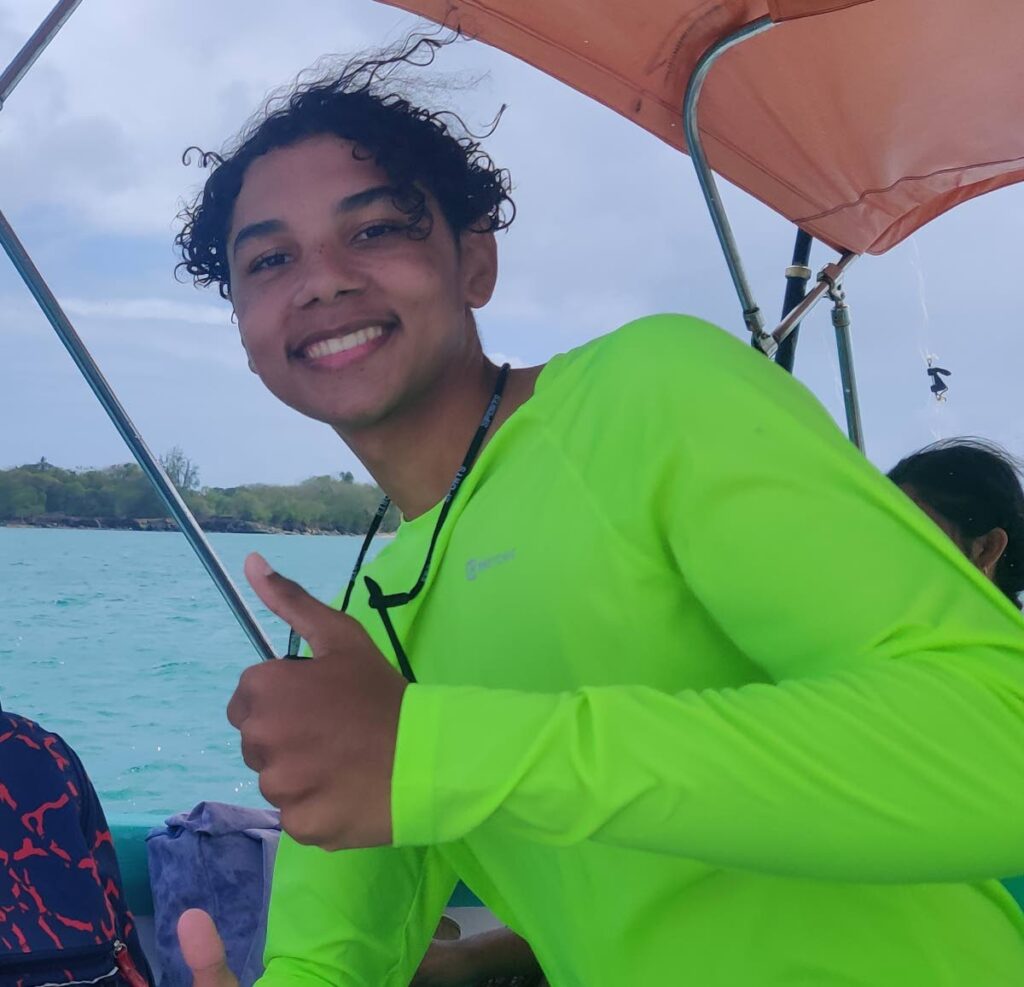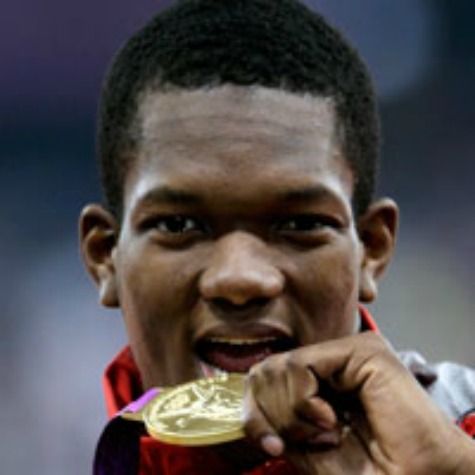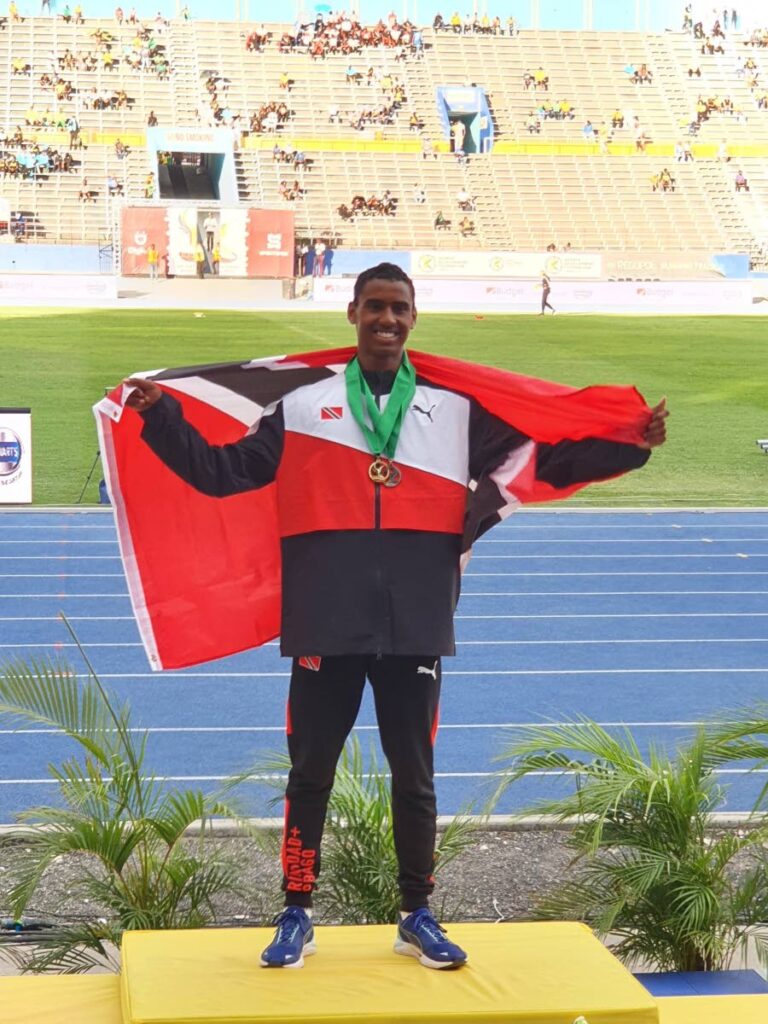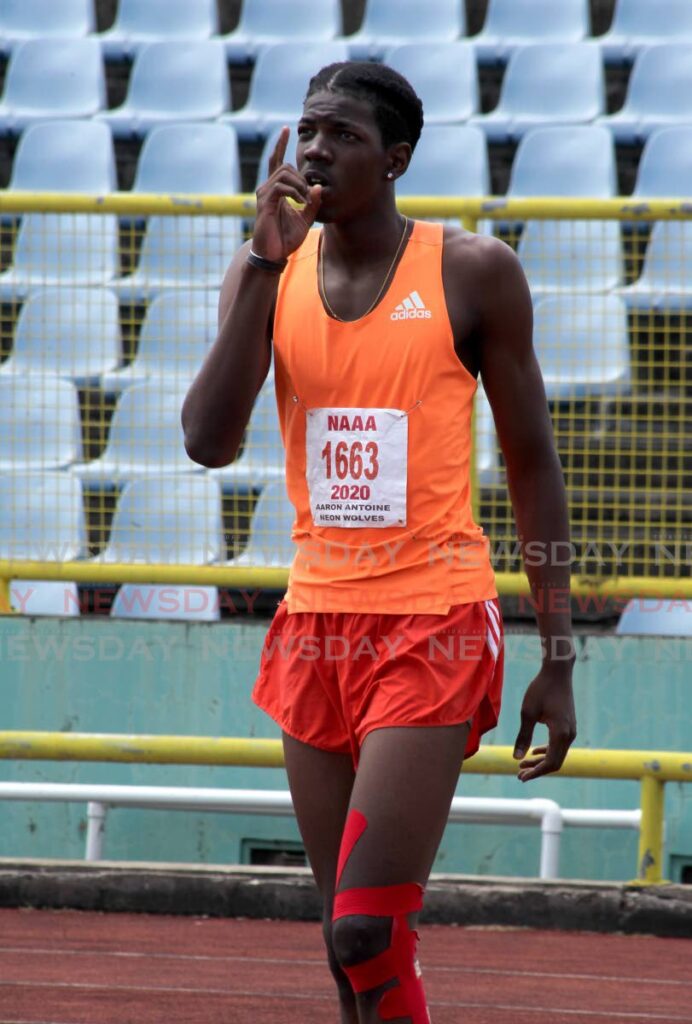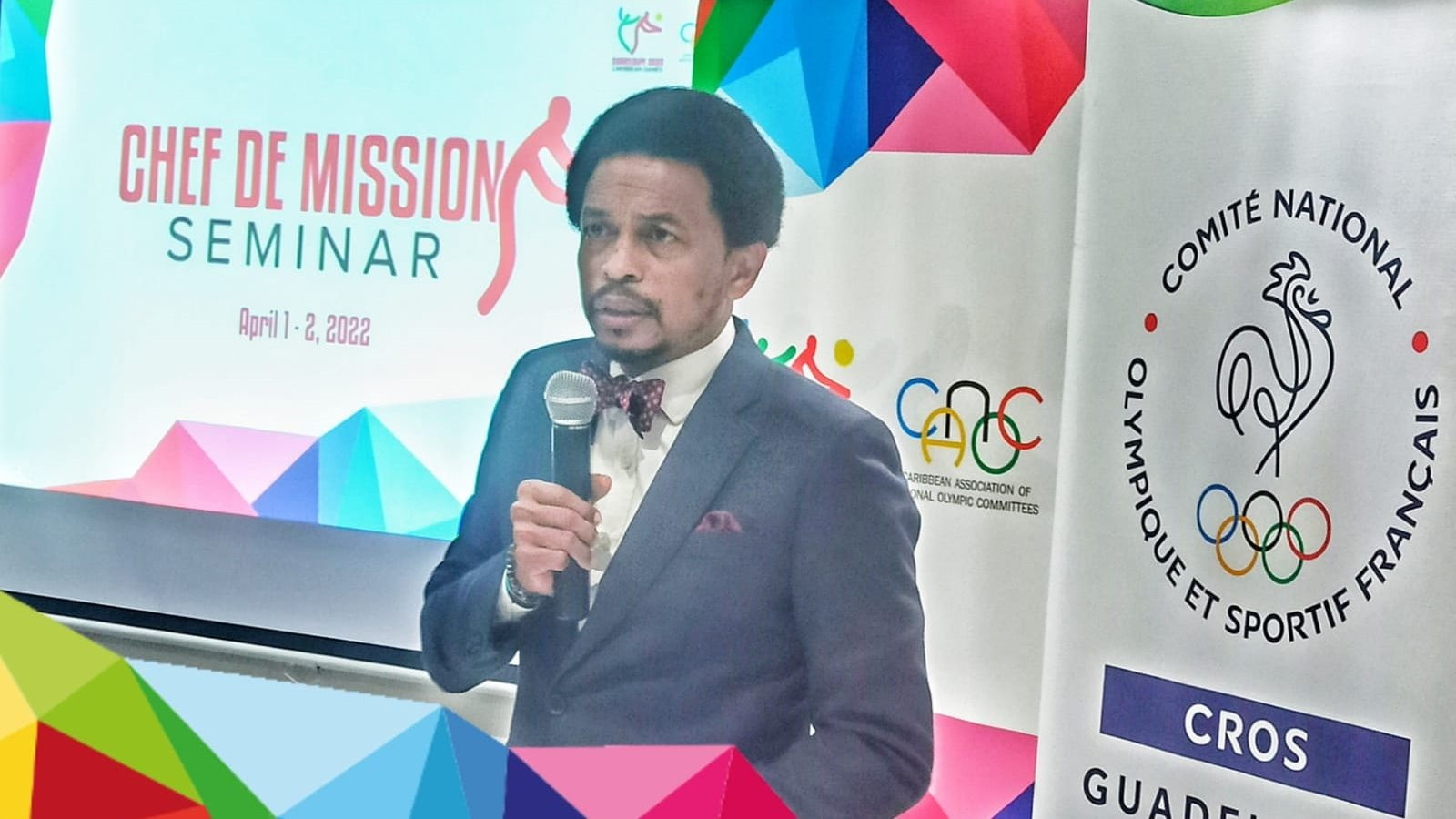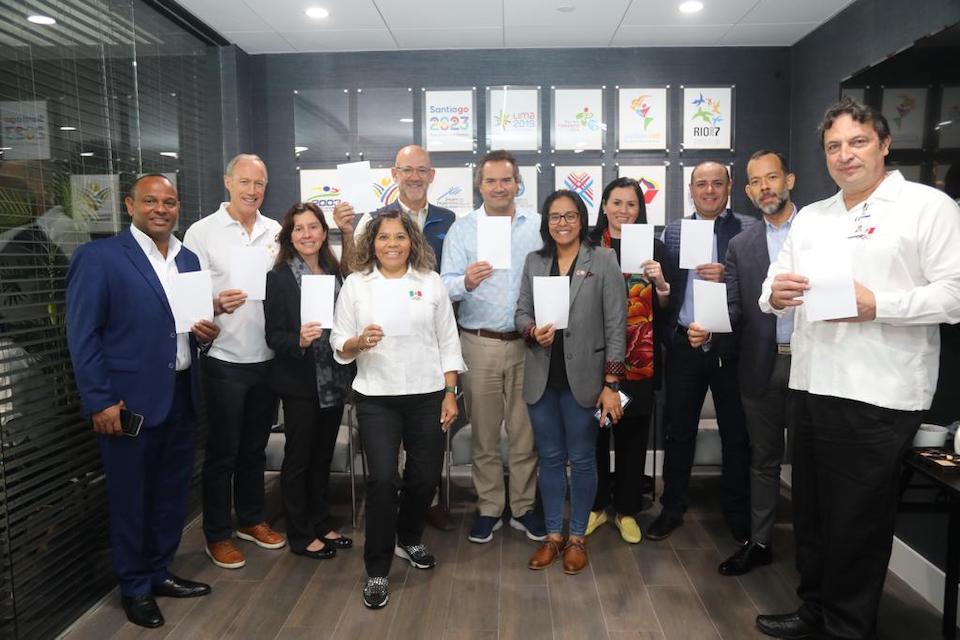WINNING OLYMPIC MEDALS REQUIRES FINANCIAL INVESTMENT | entornointeligente.com
It takes something special to stand out in the Olympic games, where more than 11,650 of the world’s best athletes have converged to compete.
UK-born Carifta champion Keeran Sriskandarajah proud to represent Trinidad and Tobago | Sports | newsday.co.tt
WHEN Keeran Sriskandarajah saw the TT men’s 4x400-metre team bring home gold at the 2017 World Championships in London, he was inspired.
Olympian Alvin Daniel: Time to close gap on Jamaica | Sports | newsday.co.tt
FORMER national athlete Alvin Daniel commended the TT junior athletes for their effort at the 2022 Carifta Games but said TT must close the gap on regional powerhouse Jamaica.
Caribbean Games will go ahead in 2022, insists CANOC President | insidethegames.biz
Caribbean Association of National Olympic Committees (CANOC) President Brian Lewis has expressed his confidence that the inaugural Caribbean Games in Guadeloupe will be held this year.
PANAM SPORTS CONCLUDES FIRST ROUND OF NOC MEETINGS IN MIAMI | panamsports.org
The meetings and workshops of Panam Sports, Olympic Solidarity and the Spanish-speaking National Olympic Committees of the continent took place over five days beginning on Saturday, starting at 9 in the morning and concluding after 8 in the evening.

